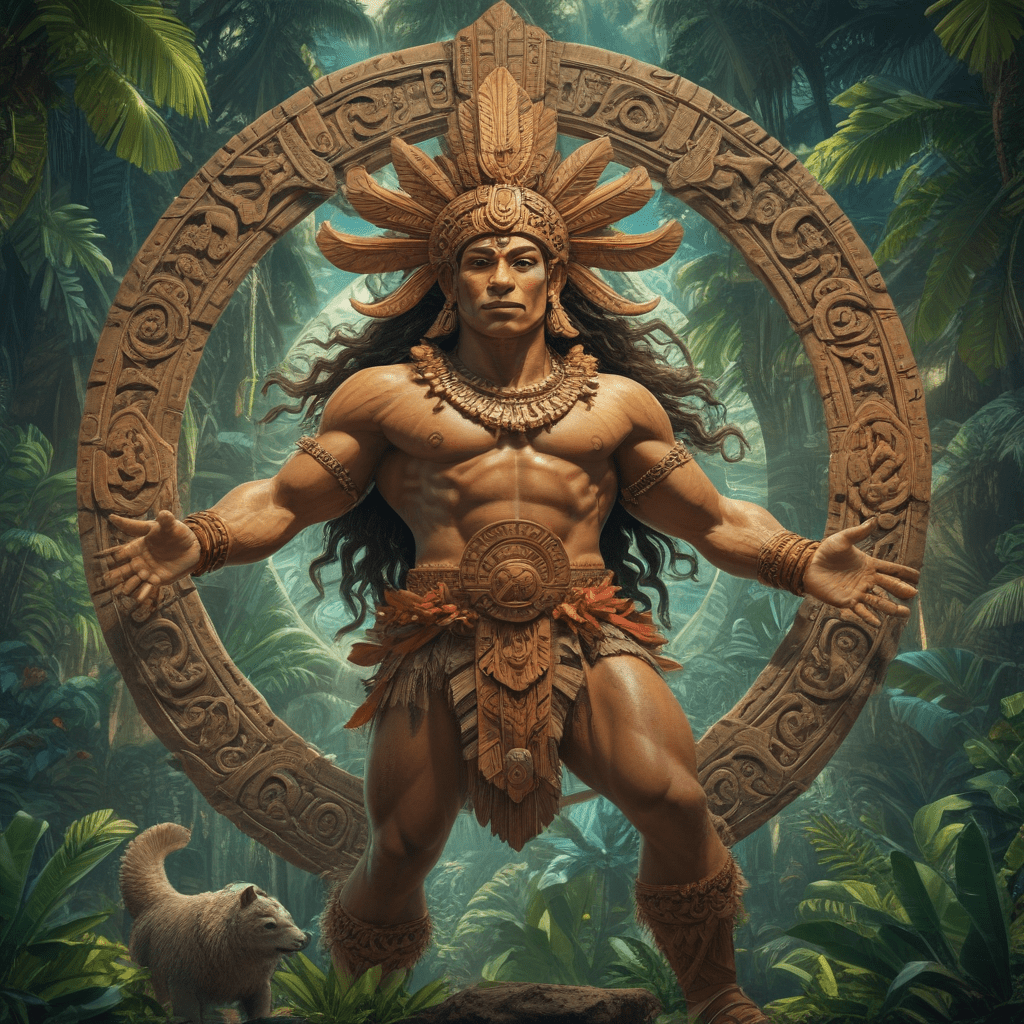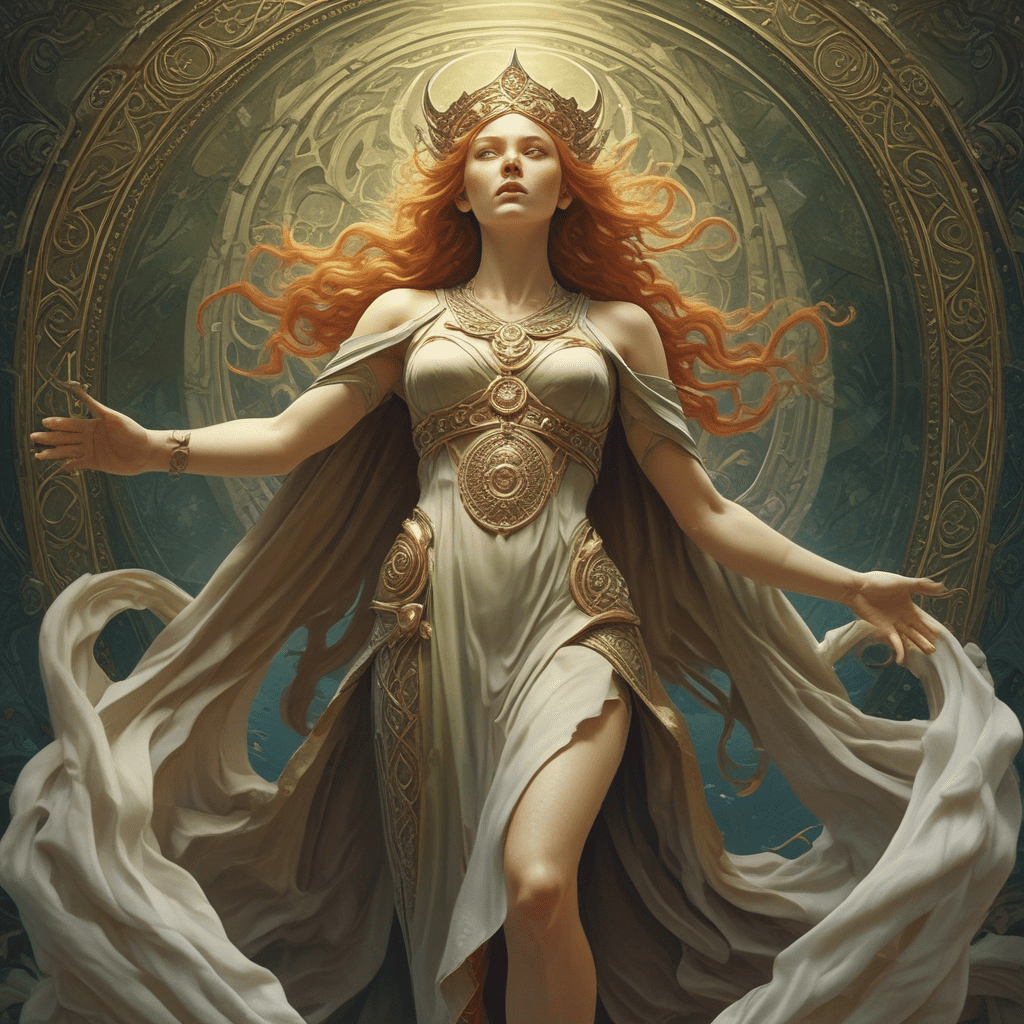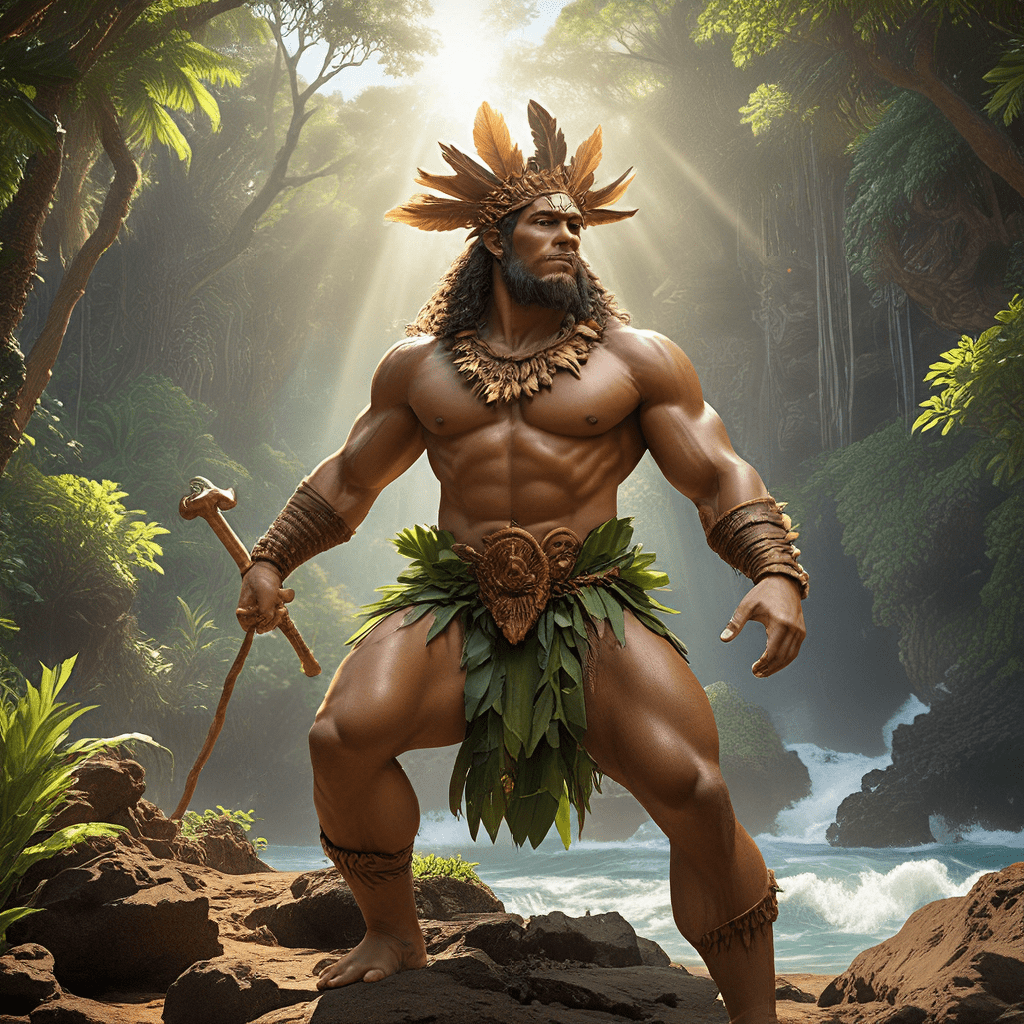Polynesian Mythology: Symbols and Their Meanings
Introduction to Polynesian Mythology
Polynesian mythology is a rich and complex tapestry of beliefs, legends, and symbols that have been passed down through generations. These symbols hold profound cultural, spiritual, and historical significance, providing insights into the Polynesian worldview, values, and artistic expressions. Understanding these symbols reveals the essence of Polynesian culture and its deep connection to the natural environment.
The Turtle: Creation, Stability, and Protection
The turtle holds a central place in Polynesian mythology. It represents the act of creation, as it is believed to have emerged from the depths of the ocean, carrying the earth on its back. The turtle symbolizes stability and provides a safe haven during turbulent times. Its sturdy shell shields against adversity, offering protection and reassurance.
The Shark: Power, Divinity, and Fear
Sharks are revered throughout Polynesian cultures, embodying power, awe, and divinity. They are often seen as guardians of knowledge and ancestral realms. The shark's menacing appearance and formidable presence command respect and caution. It reminds Polynesians of the unpredictable and unforgiving nature of the ocean.
The Canoe: Travel, Exploration, and Ancestral Journeys
The canoe is an indispensable symbol of Polynesian mythology. It represents the vessel that carried ancestors across vast oceans, enabling exploration, settlement, and the spread of culture. The canoe is a testament to the Polynesians' extraordinary navigational skills and their deep affinity with the sea.
The Fire: Transformation, Purity, and Enlightenment
Fire plays a significant role in Polynesian mythology. It symbolizes warmth, sustenance, and the purification of spirit. The communal fire was the center of family and tribal life, lighting up the darkness and fostering bonding. Fire also brings transformation, illuminating both physical and symbolic landscapes.
The Bird: Messengers, Guidance, and Divine Communication
Birds are considered messengers from the gods, ancestors, and spirits in Polynesian mythology. They convey significant knowledge and offer guidance during challenges. Birds' unique ability to fly represents liberation, transcendence, and the search for higher meaning. Some species, such as the frigatebird, are regarded as having prophetic abilities.
VI. The Bird: Messengers, Guidance, and Divine Communication
In Polynesian mythology, birds are believed to be messengers from the gods, conveying important messages and offering guidance during life's challenges. They symbolize the spiritual realm and the connection between humans and the divine. Birds' unique ability to fly represents liberation, transcendence, and the search for higher meaning. The frigatebird, for instance, is considered a prophetic bird with the power to foresee the future.
VII. The Sun and Stars: Celestial Bodies, Time, and Navigation
The sun and stars hold immense significance in Polynesian mythology. The sun, known as Ra, is revered as the giver of life, warmth, and fertility. Its daily journey across the sky marks the passage of time and guides Polynesian navigators in their voyages across the vast Pacific Ocean. The stars, represented by the constellation Pleiades (Matariki), serve as celestial markers for seasonal changes and agricultural practices.
VIII. The Rainbow: Bridges to the Divine, Promise, and Hope
The rainbow, known as Ka'ahupahau, is a sacred symbol in Polynesian mythology. It represents the bridge between the human and divine realms, allowing communication and blessings to flow between the two. The rainbow also symbolizes promise, hope, and new beginnings. Its vibrant colors reflect the joy and beauty of life, reminding Polynesians of the resilience and interconnectedness of all things.
IX. The Tiki: Human Representations, Ancestors, and Tribal Identity
Tikis are carved human representations that are deeply embedded in Polynesian mythology. They embody the spirits of ancestors, gods, and other mythical beings. Tikis serve as guardians, protectors, and symbols of Polynesian history and cultural identity. Their intricate designs and unique features reflect the creativity and artistic skills of Polynesian artisans, showcasing the rich cultural heritage of the region.
X. Symbolism in Polynesian Narratives: Creation, Migration, and Identity Formation
Symbolism plays a pivotal role in Polynesian narratives, often conveying deeper meanings related to creation, migration, and identity formation. Stories of creation, such as the Kumulipo chant in Hawaiian mythology, employ symbolic imagery to describe the origins of the universe and the birth of the gods. Migration legends, like the voyages of the ancestral canoe Hokule'a, incorporate symbols of the sea, stars, and land to capture the challenges and triumphs of voyaging and settlement. By studying these symbols and their interpretations, we gain valuable insights into the Polynesian worldview and the enduring legacy of their culture.
FAQs
What is the most important symbol in Polynesian mythology?
The turtle is considered the most important symbol in Polynesian mythology, representing creation, stability, and protection.What do birds symbolize in Polynesian culture?
Birds are seen as messengers from the gods, offering guidance and conveying significant knowledge.What does the rainbow represent in Polynesian mythology?
The rainbow is a sacred symbol that represents the bridge between the human and divine realms, symbolizing promise, hope, and new beginnings.
Why are tikis important in Polynesian culture?
Tikis are carved human representations that embody the spirits of ancestors, gods, and other mythical beings. They serve as guardians, protectors, and symbols of Polynesian history and cultural identity.How does symbolism contribute to Polynesian narratives?
Symbolism in Polynesian narratives provides deeper meanings related to creation, migration, and identity formation, capturing the origins of the universe, challenges of voyaging, and the enduring legacy of Polynesian culture.



